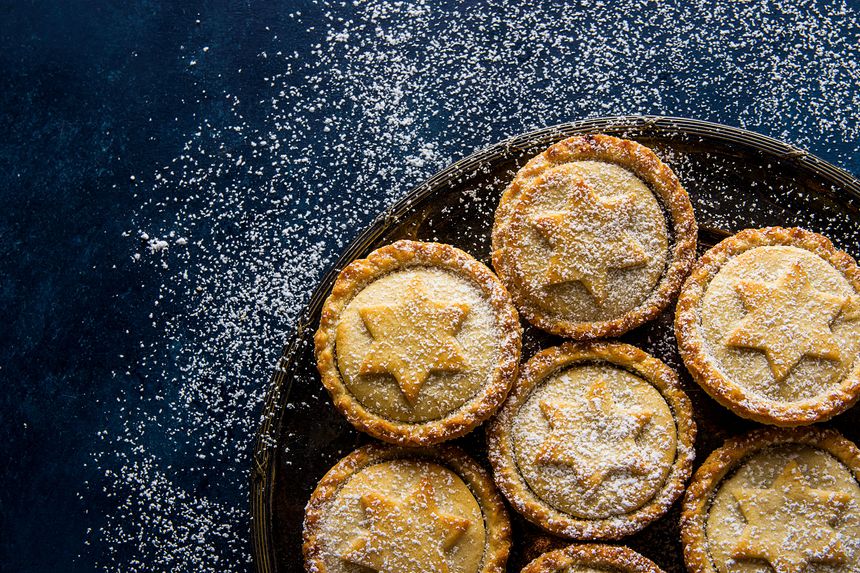It’s only just November, but with Christmas creeping onto shelves and into adverts already, it’s clear the festive countdown is well and truly underway.
But will some food and drink-related Christmas ads effectively cancelled due to the new regulations that are soon to be in force on high fat, salt and sugar (HFSS) products, or will those mince pie ads live on?
A reminder – what is changing?
The Advertising (Less Healthy Food Definitions and Exemptions) Regulations 2024 (Regulations) will apply to England, Wales, Scotland and Northern Ireland.
The Regulations were originally set to come into force on 1 October 2025, but this has since been delayed until 5 January 2026. However, many high-profile organisations have voluntarily signed up to compliance from the date the Regulations were originally due to come in force (i.e. 1 October 2025).
This means that we can expect to see many Christmas ads seeking to comply with the new Regulations.
Who needs to comply?
The Regulations apply to businesses involved with the manufacture or sale of food or drink with 250 or more employees, including franchises and symbol groups, who pay to advertise less healthy food or drink products.
What is less healthy?
The Regulations, in conjunction with other legislation, restrict the advertising of “less healthy food and drink” on television and online.
“Less healthy food and drink” is a product:
- that falls within 13 specified categories, including most prepared soft drinks containing added sugar, savoury snacks such as crisps, confectionery, desserts and puddings, including pies; and
- the product achieves a pre-determined score in accordance with the Nutrient Profiling Technical Guidance. This guidance was published back in 2011 by the Department of Health and is available here. The guidance uses a scoring system where points are allocated on the basis of the nutrient content of 100g of a food or drink, however does not directly consider whether a product is “processed” or “ultra processed”.
What activities will be restricted this Christmas and going forward?
Broadly the HSFF rules broadly prohibit:
- paid-for advertisements for less healthy food or drink product online; and
- television programme services provided between 5.30am and 9pm from including advertisements for less healthy food or drink product. So effectively a 9pm watershed.
Brand-only advertising is exempted from the restrictions in the Regulations, provided no identifiable HFSS products or logos are shown. This carveout is not straightforward and needs careful consideration.
Why it matters for Christmas campaigns
We are all likely to see a reduction in adverts for those Christmas staples like mince pies, selections boxes and coca-cola because of the new Regulations. Brands and manufactures are also working hard to seek to ensure that there products fall outside the scope of what is a less healthy product under the Regulations, for example by reducing sugar overall content.
For business, brands and agencies placing adverts this Christmas, the 2025 festive season will be the first real test of how these rules reshape the Christmas advertising. Advertisers will need to work hard to get their message across without breaching the Regulations and risk enforcement action, including enforcement notices and financial penalties.
The HFSS rules don’t cancel Christmas ads — they just demand a different approach to advertising food and drink in the festive period.

/Passle/611cdc4cfac91e0bc434389f/MediaLibrary/Images/2025-10-29-15-57-30-736-6902396ae81c72040e0e4480.jpg)
/Passle/611cdc4cfac91e0bc434389f/SearchServiceImages/2025-12-22-13-11-25-725-6949437d667f60f1e336de1b.jpg)
/Passle/611cdc4cfac91e0bc434389f/SearchServiceImages/2025-12-19-10-35-11-770-69452a5f7e0f026f0175dc71.jpg)